Somalia Parliamentary Elections : Persistent Hold-Up
- Par Eldickson Agbortogo
- 30 Mar 2022 14:47
- 0 Likes
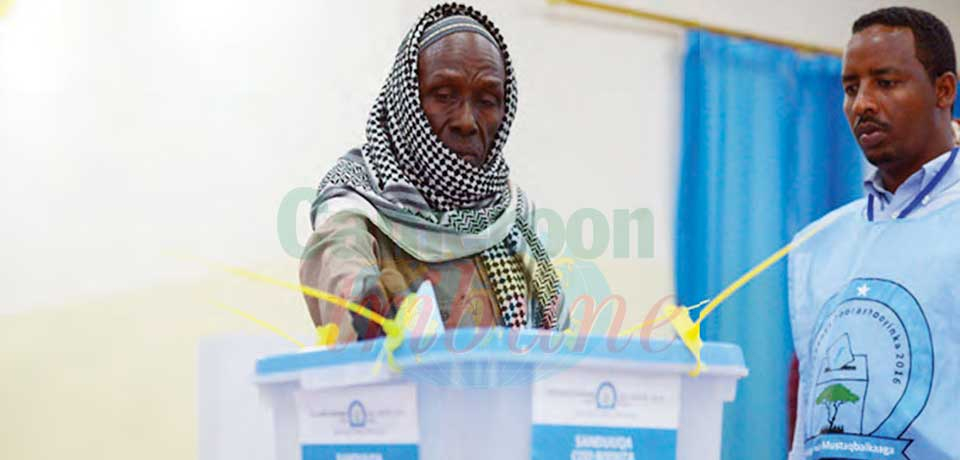
Several months after the debut of the exercise, many Regions are still finding it difficult to complete the procedure.
Somalia’s journey to democracy has not been very smooth. After twenty three years of civil war, the country has been trying to put in place viable institutions that would lay down a solid democratic foundation. In 2012, an indirect Electoral College designed to facilitate a peaceful transfer of power was put in place. The House of the People forms the lower house of the country’s bicameral federal Parliament. The Upper house, representing the federal member states, forms the Senate. Both houses of Parliament then vote for the next president.
For the past few years, repeated poll delays have not only led to constitutional crisis, but also stoked political tensions between Somalia’s federal government, federal member states, and the opposition, with a major consequence being a bitter power struggle between the country’s highest-ranking leaders, notably the President and Prime Minister. While President Mohamed Abdullahi Mohamed Farmaajo, in power since 2017, is unperturbed a year after the official end of his term (in April 2021), the situation is gradually going off hand due to election delay. As things stand, the election of the 54-member Senate chamber has been completed. Also 170 of the 275 lawmakers have been elected in the House of the People, leaving 105 yet to be elected. The lawmakers are elected in an indirect manner by 101 electoral delegates selected by half a dozen elders and civil society members.
With the deadline now over without the election of the remaining 105 lawmakers, it is feared that the country might plunge into another crisis. For months, the UN and Western donors have voiced their frustration over the slow and uneven progress of the electoral process. Earlier this month, the United States took a step further by announcing a decision to restrict visas to current or former Somali officials believed to be responsible for “undermining the democratic process in Somalia”. This has arguably accelerated the process, which was nearly grinding to a halt. The accelerated pace has been largely welcomed by international donors and many Somalis. But it has also led to a host of complaints from civil society organizations and candidates. They feel this international push to meet a deadline has given the Somali government and regional leaders’ leeway to manipulate the parliamentary election.
Despite these measures, significant challenges that might derail the electoral process are still intact. First, the federal government led by
Déjà abonné ?
Identifiez-vous >
Cet article complet est réservé aux abonnés
Accédez en illimité à Cameroon Tribune Digital à partir de 26250 FCFA
Je M'abonne
1 minute suffit pour vous abonner à Cameroon Tribune Digital !






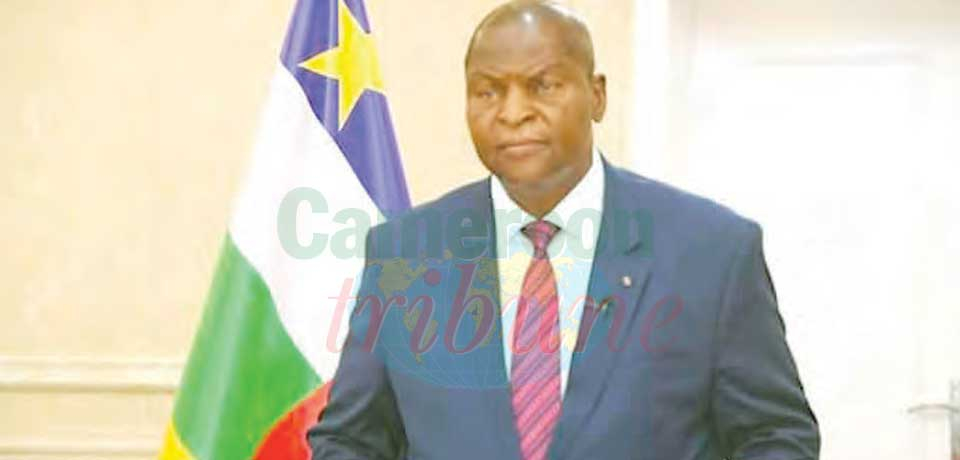
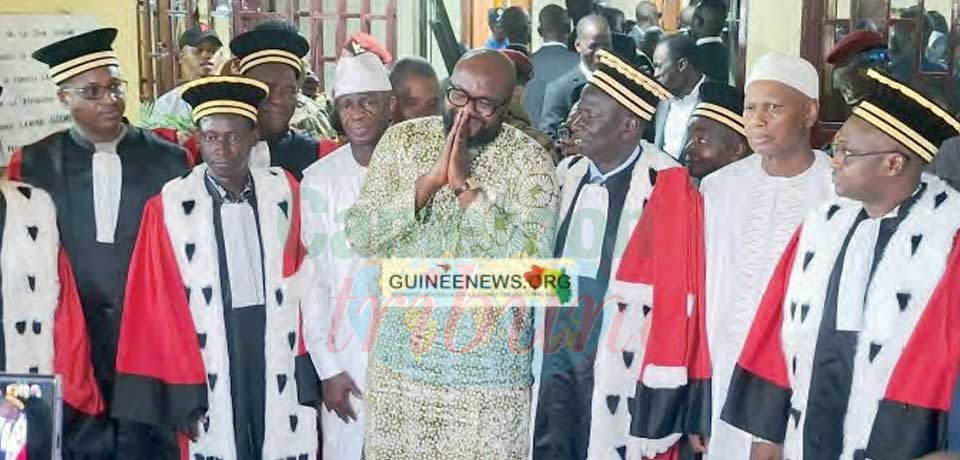
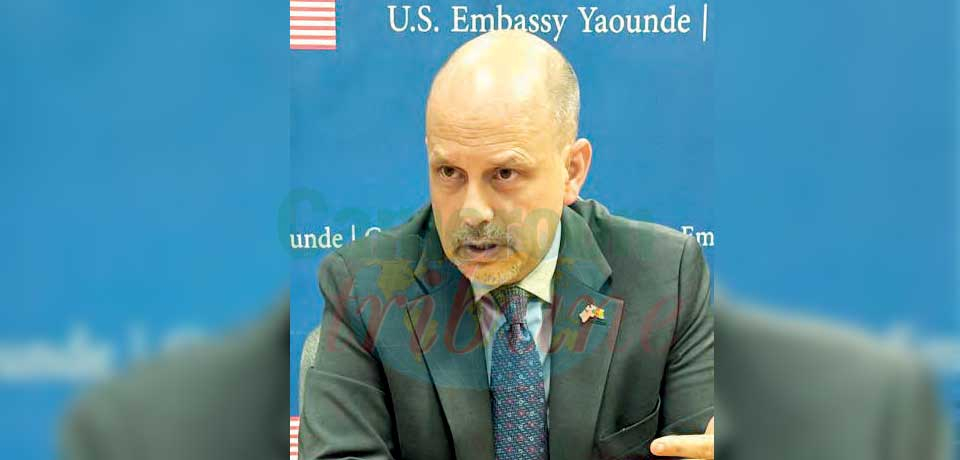
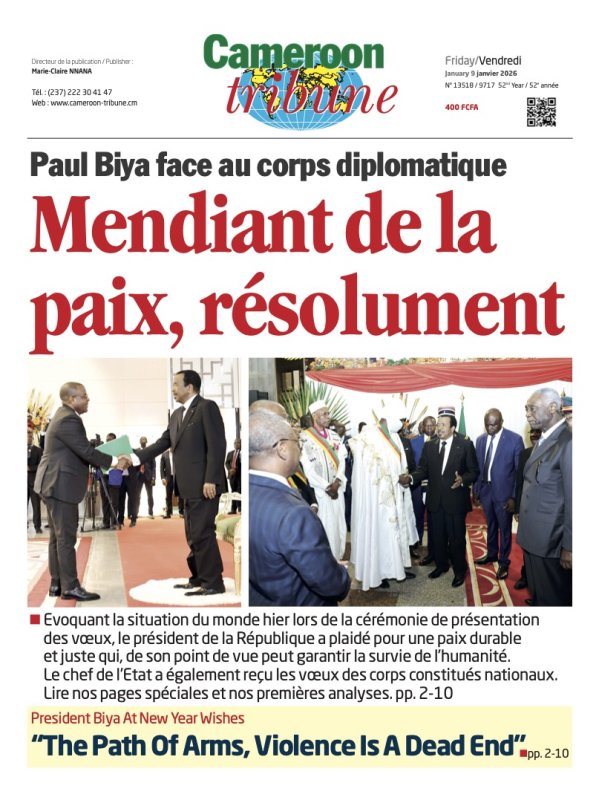




Commentaires